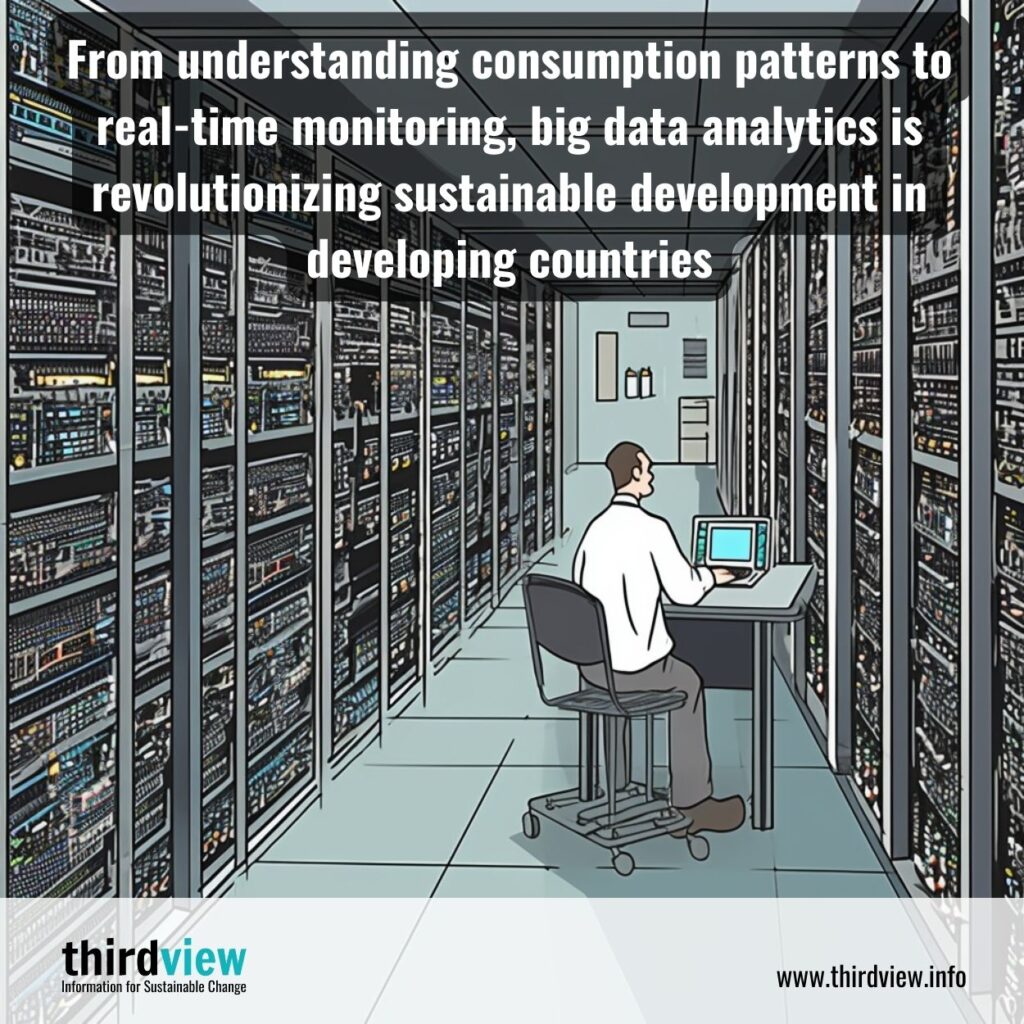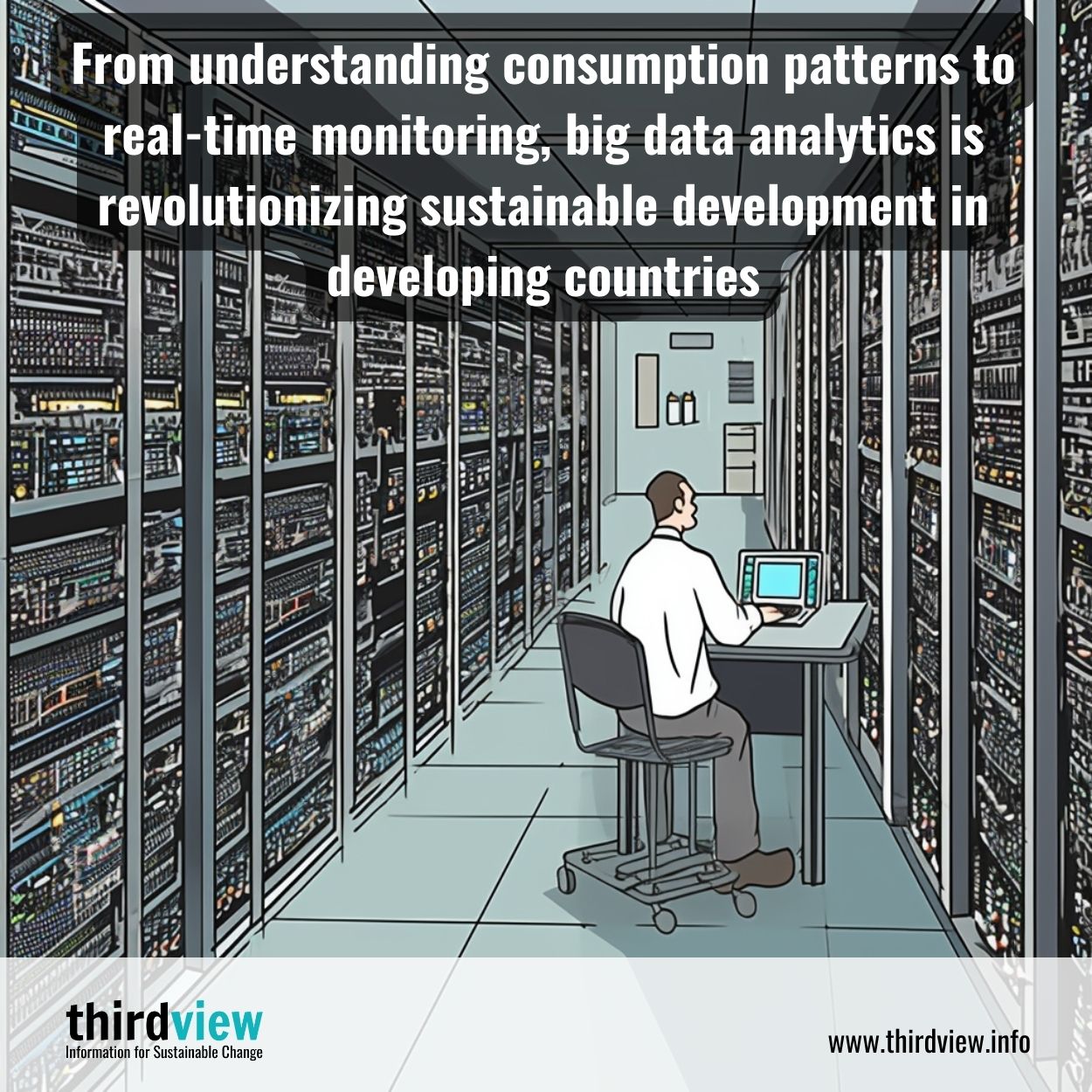The concept of sustainable development is becoming increasingly important as the world faces a plethora of environmental, social, and economic challenges. One of the most critical challenges is that of achieving sustainable consumption and production. With the help of big data analytics, it is now possible to drive sustainable consumption and production in developing countries.
The increasing availability of data sets and the ability to analyse them has the potential to transform the way we manage resources and make decisions about consumption patterns. Big data analytics can offer insights into how we use resources, where there are inefficiencies, and how to overcome them. This blog post will explore the potential of big data analytics in driving sustainable consumption and production in developing countries.
Understanding Consumption Patterns
The first step in achieving sustainable consumption is to understand consumption patterns. Big data analytics can help analyse data related to consumer behaviour, including purchasing habits, preferences, and waste disposal patterns. This information can help identify areas where resources are being used inefficiently and identify potential solutions to minimize waste and increase efficiency.
For example, the use of big data analytics can help track the flow of goods and services, from production to consumption, which can help pinpoint bottlenecks in the system. This information can then be used to identify where resources are being wasted, such as in transportation or storage, and allocate them more effectively.
Reducing Resource Consumption
Big data analytics can be used to reduce resource consumption by identifying areas where resources are being used inefficiently. By analysing data on energy and water use, for example, we can identify areas where resources are being wasted and implement solutions to minimize wastage.
For instance, big data analytics can help optimize energy consumption by analysing data on how energy is consumed in buildings, factories, and other facilities. This information can then be used to make recommendations on how to reduce energy consumption, such as using energy-efficient appliances, reducing idle time, and using renewable power sources.
Promoting Innovation
Big data analytics can also promote innovation by identifying areas where improvements can be made. Through data analysis, we can identify inefficiencies in the production and distribution of goods and services, which can lead to innovations that increase efficiency and reduce waste.
For example, data on agricultural production can help identify areas where resources are being wasted, such as in fertilizers or water use. This information can then be used to develop new, more efficient methods of production that reduce waste and increase efficiency.
Real-Time Monitoring
One of the major advantages of big data analytics is that it allows for real-time monitoring of resource use and environmental impact. This allows for swift responses to issues as they arise, which can help to prevent damage to the environment and resources.
For example, real-time monitoring of air and water quality can help to identify pollution hotspots and enable quick and effective responses to reduce pollution. Real-time monitoring of energy consumption can help to identify areas where usage is high and take corrective measures to reduce consumption.
With the availability of big data analytics, we have the tools necessary to drive sustainable consumption and production in developing countries. By understanding consumption patterns, reducing resource consumption, promoting innovation, and real-time monitoring, we can create a more sustainable future. The challenge is to ensure that these solutions are implemented widely to ensure a better future for the world’s citizens. As we move forward, we must work together to leverage the potential of big data analytics to achieve our shared goal of sustainable development.


